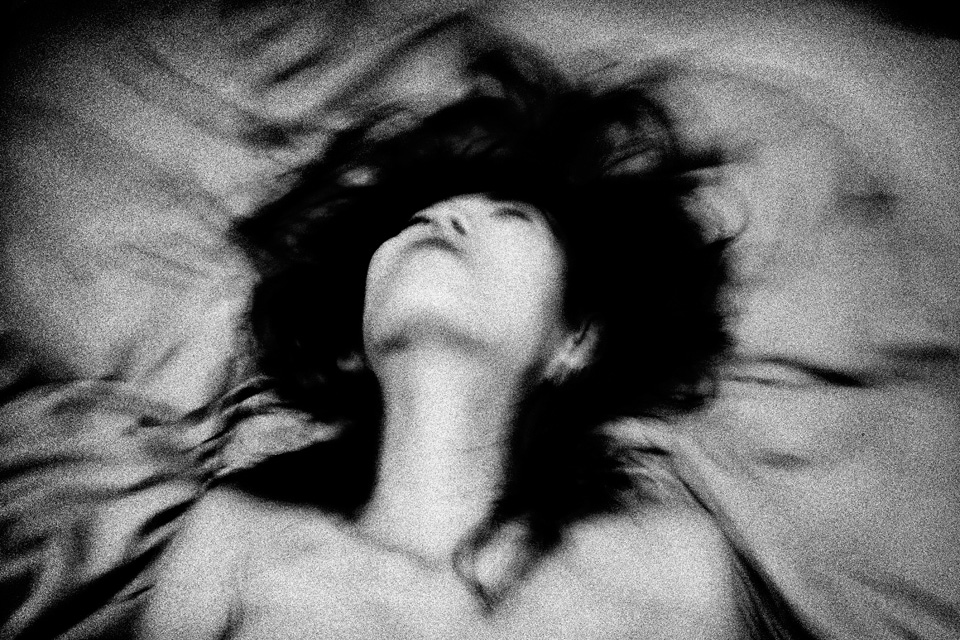
Clowns and Despair: A Journey into the World of Photographer Enrico Berni
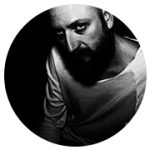
Italian photographer, based in Florence. His project Atlas of Soul won second prize at both Moscow International Foto Awards and International Photography Awards. Exhibited his work in Italy and Russia.
— I went through a period of depression and found my way to catalyze the discomfort by shooting moments. Although photography always fascinated me, I never practiced it before…I suddenly felt the urge to wield a camera and I started taking pictures of everything around me: strangers, landscapes, friends, lovers, and never forgot to carry a small compact camera in my pocket.
Today I got my hands on a kind of life-diary telling of what I experienced during the last three years, a deep exploration of feelings, emotions, fears and obsessions. I never planned on developing a diary-style collection of images, since my approach is spontaneous and instinctive. In my pictures there’s no room for thinking or planning: I look for a direct and concise dialog with the source of my interest, if I get attracted I shoot and that’s it.
Let’s say that’s a matter of heart and guts and has nothing to do with the use of the brain. I can obviously find a greater inspiration in some specific locations like I did in Berlin, but I observe places, people, objects and animals with the same obstinate curiosity, that every time is renewed and — in the end — what gets fixed in my lens is a sort of unexpected self-portrait.





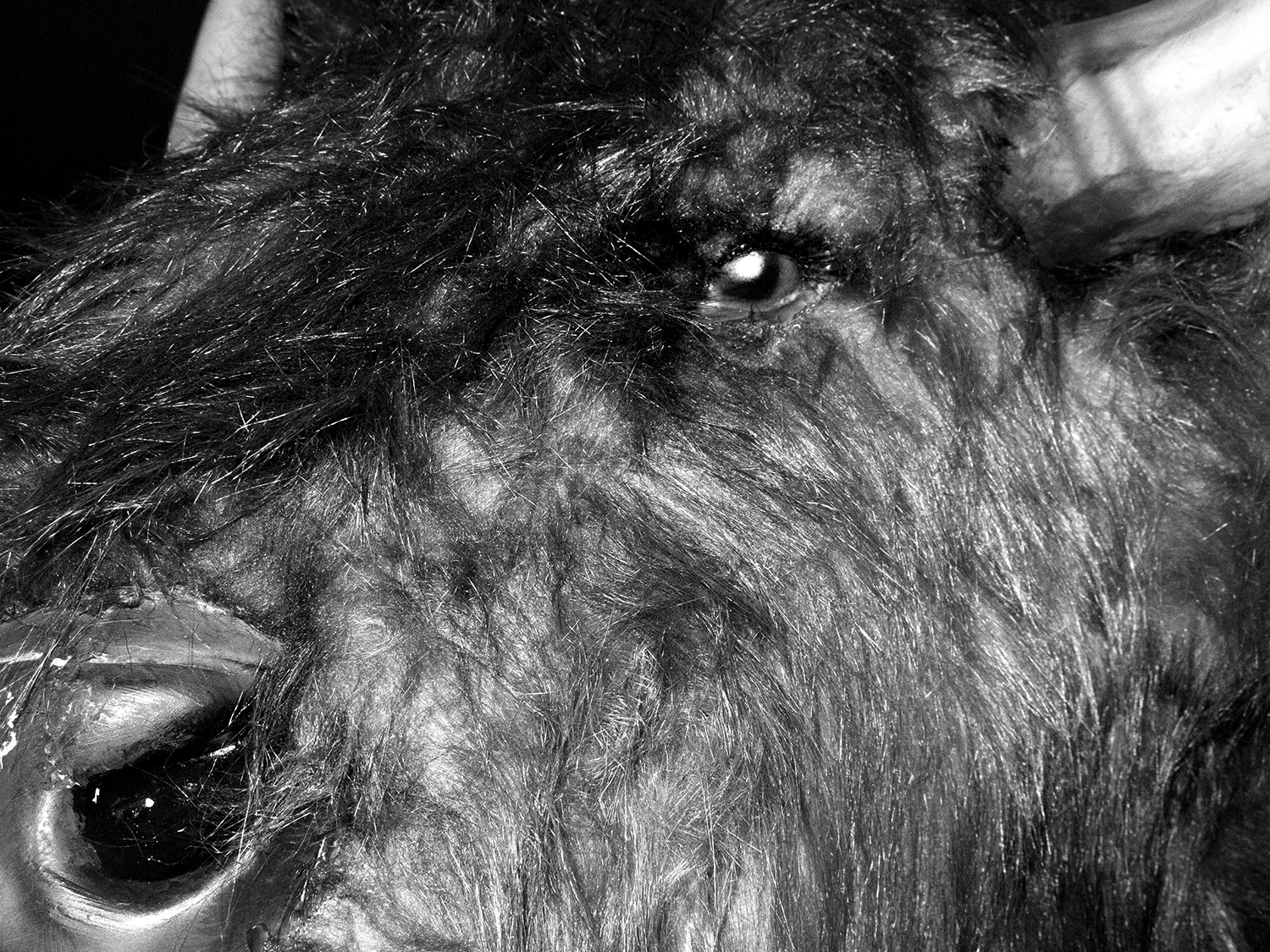

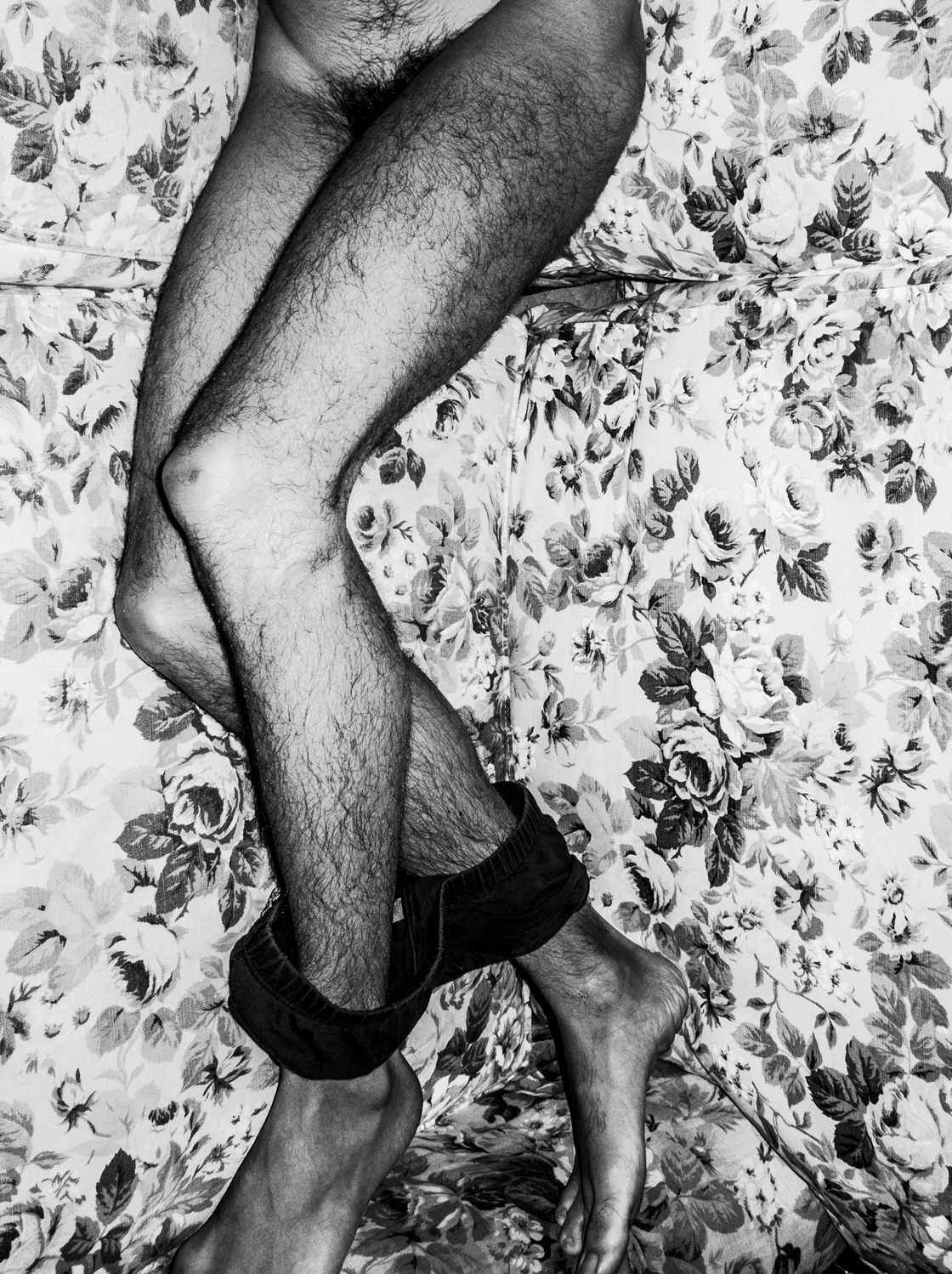


It is an ongoing reportage, and although it’s premature, I’d like to make a book out of this project, Visions. I personally think that the images work better if the observer has the chance to leaf through the whole series to be absorbed and get involved.
I usually shoot in black and white because — together with blurring and unfocused shapes or emphasized grain — it helps the mind’s eye of the viewer to investigate his inner thoughts. When you look at my pictures I expect that you feel the emotion, the drama and the gloominess. I expect you to measure yourself against your own dark side through my opened door. I don’t want you to see what I see, you have to feel what I feel.


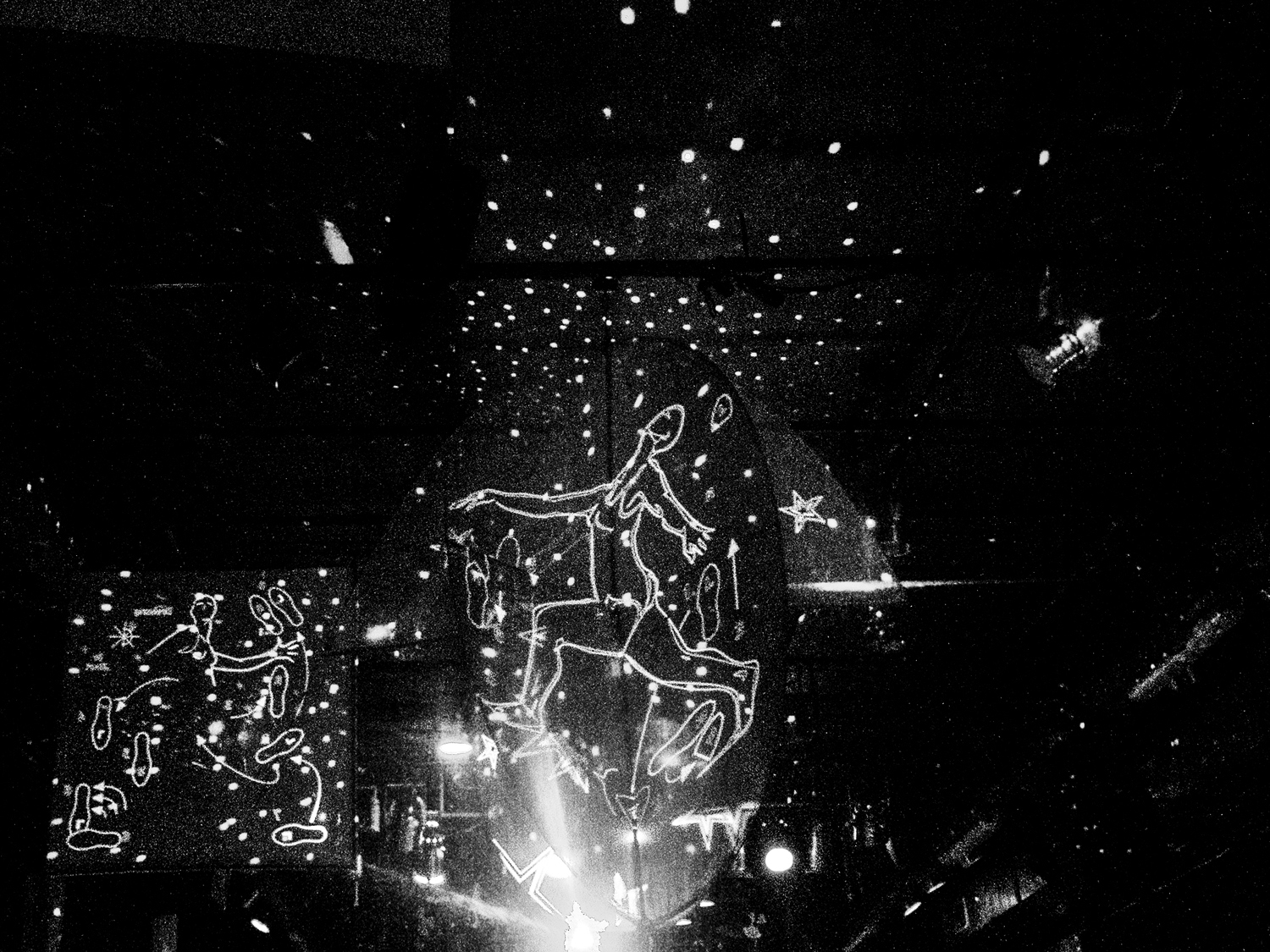


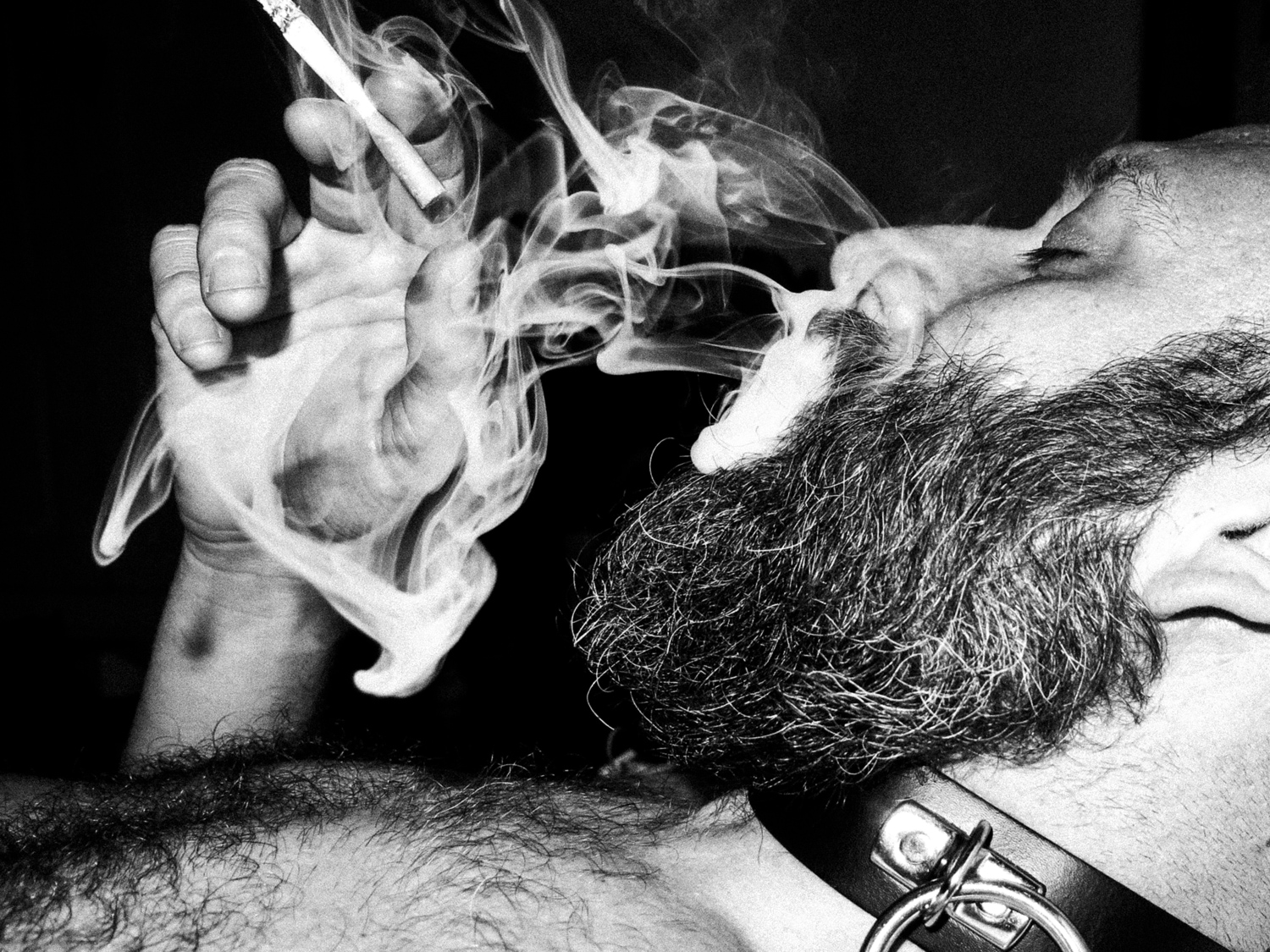



Every creative person gets contaminated by his or her own experiences, whether they be movies, paintings, music or, of course, art. I love D’Agata’s works, as well as the ones of Michael Ackerman and Jacob Aue Sobol, so much that I wanted them to be my teachers. My research is also influenced by other photographers such as Nan Goldin, Nobuyoshi Araki or Anders Petersen, by filmmakers such as Wong Kar Wai, by the surrealism of Luis Buñuel and the music of Portishead, Antony Hegarty or Bianca and Sierra Casady.
I’m addicted to the contact with the chosen subject: I like to know who is in front of my camera, to enter the picture becoming part of the snapshot. I conceive the photographer as an actor never a voyeur.
I found in photography my native language, I take photographs to talk about everything I’m not comfortable to express with words.




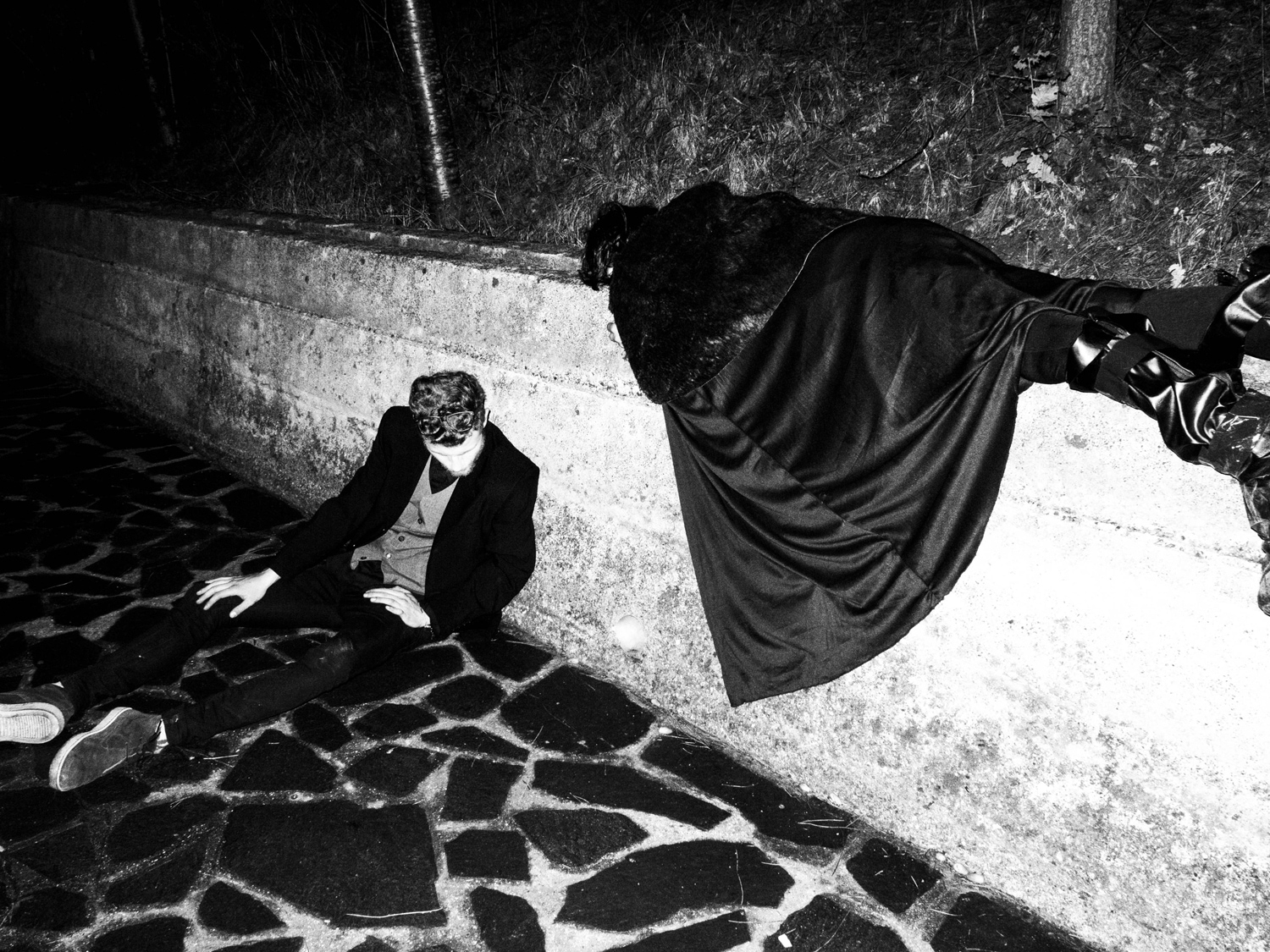

New and best
